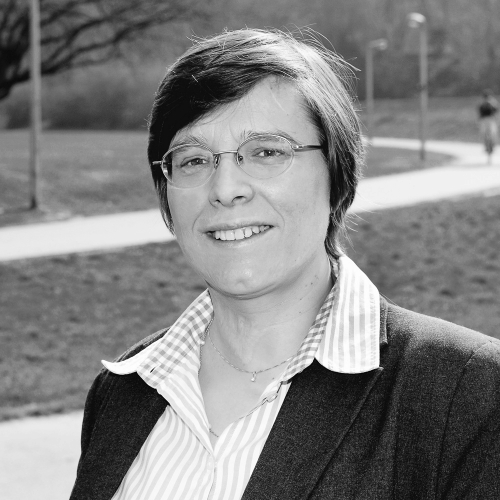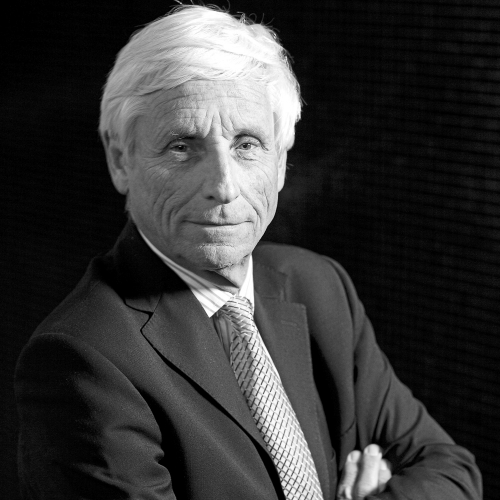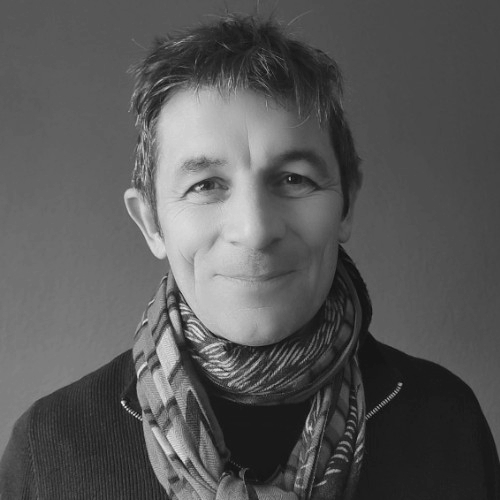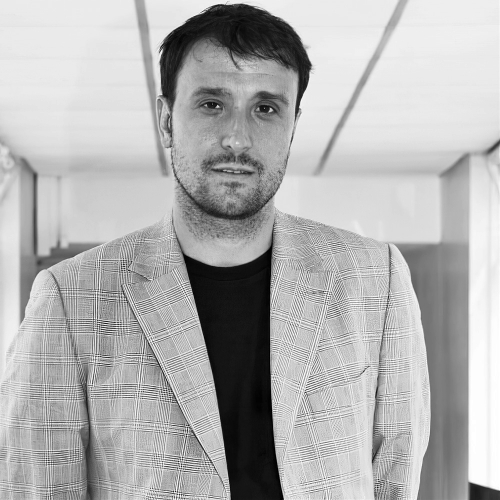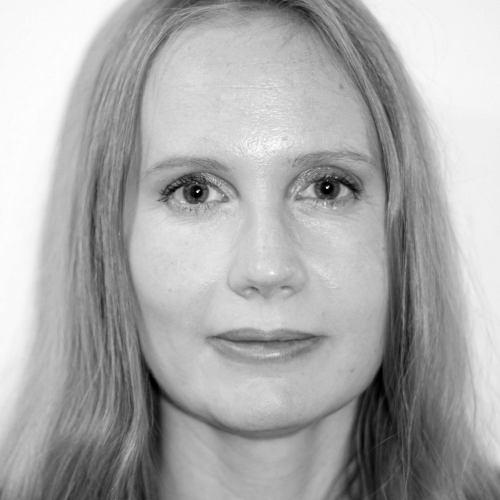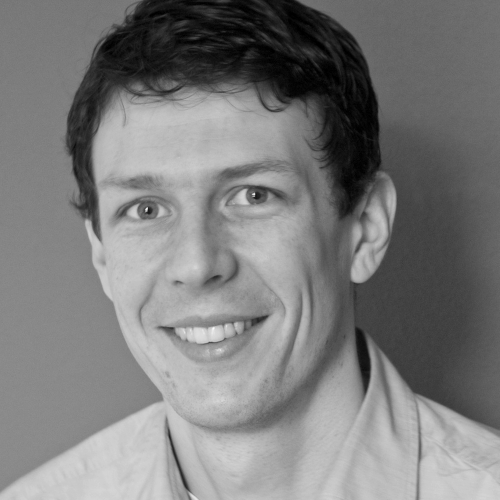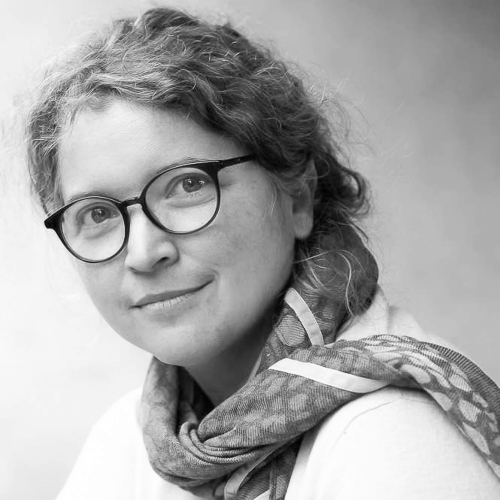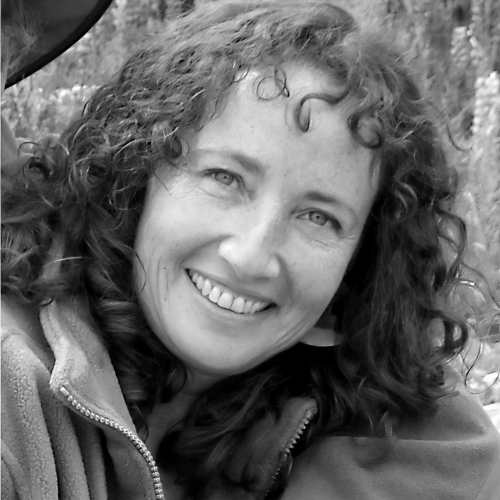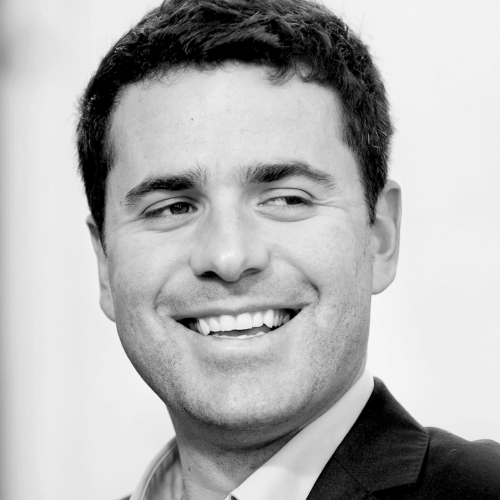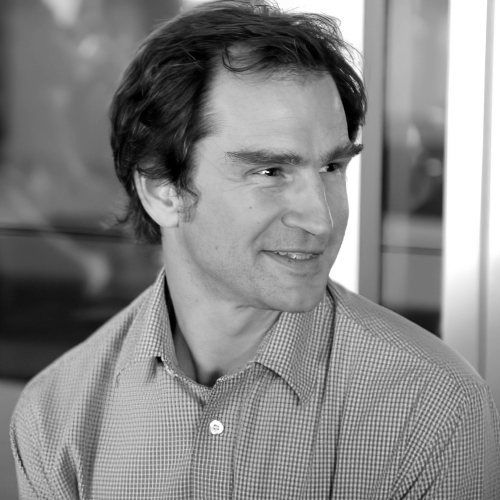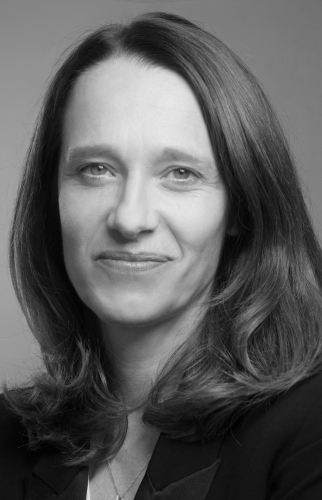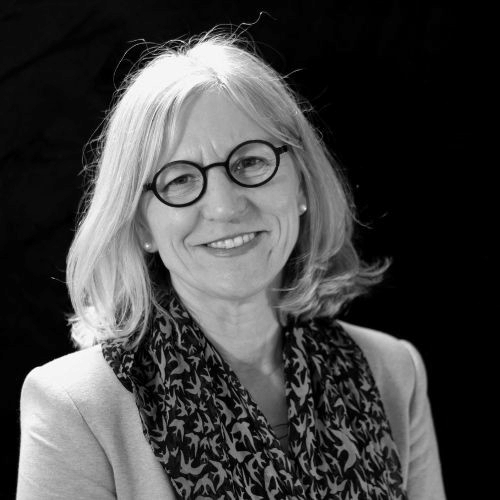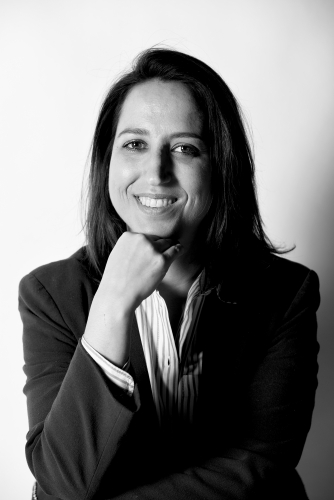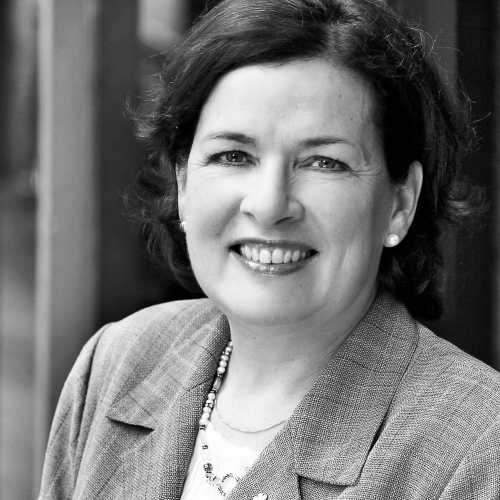 | Bartha Maria Knoppers
Director of the Centre of Genomics and... Profile Details
BARTHA MARIA KNOPPERS, PhD, is Director of the Centre of Genomics and Policy, Faculty of Medicine, Department of Human Genetics, McGill University, Canada Research Chair in Law and Medicine 2001- and the holder of Chaire d’excellence Pierre Fermat (France) (2006-2008), she was named Distinguished Visiting Scientist (Netherlands Genomics Initiative) (2009-2011).
Formerly, Professor at the Faculté de droit, Université de Montréal (1985-2009) and Senior Researcher at the Centre de recherche en droit public (C.R.D.P.) (1996-2009). Graduate of McMaster University (B.A.), University of Alberta (M.A.), McGill University (LL.B., B.C.L.), Cambridge University, U.K., (D.L.S.), Sorbonne Paris I) (Phd.) she was admitted to the Bar of Québec in 1985.
Professor Knoppers was the former, Chair of the International Ethics committee of the Human Genome Organization (HUGO), (1996-2004), and member of the International Bioethics Committee of the United Nations, Educational, Scientific and Cultural Organization (UNESCO) which drafted the Universal Declaration on the Human Genome and Human Rights (1993-1997).
Co-Founder of the International Institute of Research in Ethics and Biomedicine (IIREB) (2000 – 2009), she founded the Population Project in Genomics (P3G) and CARTaGENE in 2003. From 2000-2006 she served on the Board of Genome Canada, became Chair of the Ethics Working Party of the International Stem Cell Forum, Co-Chair of the Sampling/ELSI Committee of the 1000 Genomes Project (2008-) and a member of the Scientific Steering Committee of the International Cancer Genome Consortium (ICGC) (2009-).
Professor Knoppers received a Doctor of Laws Honoris Causa from the University of Waterloo (2001), a Doctor of Medicine Honoris Causa from Université de Paris V (René Descartes) (2002), a Doctor of Laws Honoris Causa from McMaster University, Ontario (2007) and a Doctor of Laws Honoris Causa from the University of Alberta in 2008. In 2002, she was elected Fellow of the American Association for the Advancement of Science, selected as one of the 50 nation builders in Canada by the Globe and Mail, and named Officer of the Order of Canada. In that same year, she was elected Fellow of The Hastings Center (Bioethics), New York, member of the International Ethics Committee of the World Anti-Doping Agency and, in April 2005, Fellow of the Canadian Academy of Health Sciences (CAHS). She was elected Governor of the Quebec Bar in 2006 and in 2007 was elected Advocatus Emeritus. In 2011, she received the ACFAS Prix Jacques Rousseau for interdisciplinarity.
| 